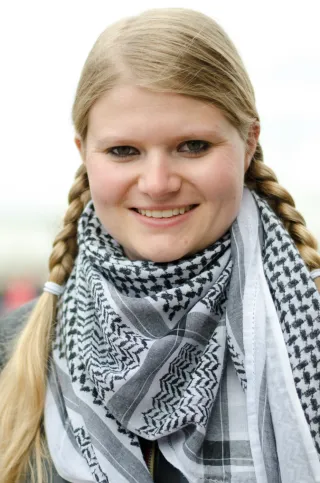Bachelor 2 subject
Religious Studies, Bachelor 2 subject
- How do religious texts originate?
- Is religion becoming less and less important in the modern age?
- Which role does religion play in the migration process?
- Are some religions really more dangerous than others?
- What is religion actually?
Profile |
|
|
Degree
|
Bachelor of Arts
|
|
Start
|
Winter- and summer semester
|
|
Duration
|
6 semesters
|
|
Classroom language
|
German
|
|
Admission
|
Not restricted
|
2-Subject Bachelor Programme |
| This degree programme requires a second subject for which advanced knowledge of German language is mandatory. |
Other degree programs in the subject
rub


